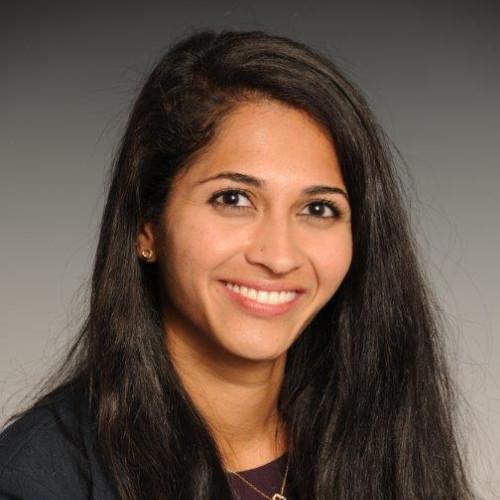Article
Most Endocrinology Fellowship Programs Lack Formal Nutrition Education, Study Finds
Results of a survey and literature review presented at AACE 2022 detail the lack of formal nutrition education available in endocrinology fellowship programs as well as the desire to see a greater emphasis placed on nutrition education in these programs.
Sandy Bassin, MD

New data underlines the lack of training and time dedicated to nutrition education in US endocrinology fellowships.
With the role of nutrition in care of cardiometabolic disease receiving renewed emphasis in recent years, the data, which was presented at the American Academy of Clinical Endocrinology (AACE) annual meeting, underline the desire for more formal nutrition education, with 95% of respondents reporting a belief that further nutrition education was needed, but only 58% of endocrinology fellowship programs in the US offering nutrition education.
“While our population used to be plagued with communicable diseases, the leading causes of death in 2020, even taking COVID into account, were heart disease and cancer with diabetes as one of the top 10 players as well. These chronic conditions account for 90% of healthcare expenditure,” said Sandy Bassin, MD, an internal medicine resident at the Rutgers Robert Wood Johnson Medical School, during her presentation. “The Look AHEAD and Diabetes Prevention Program trials have shown beneficial effects of intensive lifestyle interventions on preventing diabetes and reducing complications amongst those with diabetes, but in our current healthcare environment only 30% of physician office visits for patients with diabetes have included nutrition counseling. Several organizations, such as the ADA, AACE, and ACGME, have also recognized this unmet need for further nutrition education.”
Citing the desire for further education in nutrition science among endocrinologists, the current study was led by Bassin and David Cohen, MD, along with colleagues from Rutgers Robert Wood Johnson Medical School to evaluate contemporary trends in education offerings within endocrinology fellowship programs in the US. To do so, investigators designed their study as a literature review of articles published from 1990-2020 and a survey of endocrinology program directors to evaluate characteristics of nutrition education used in these programs, program directors’ beliefs regarding the need for formal nutrition education, and future directions for nutrition training.
From their literature review, investigators identified 452 articles for potential inclusion. Upon further reanalysis, investigators determined none of the articles described nutrition learning experiences for fellowship trainees. A total of 152 surveys were sent to program directors from 21 different states throughout the US. From this, investigators received 38 responses, which correlates to a 25% response rate.
Analysis of surveys suggested 22 of the 38 programs (58%) offered nutrition education. Investigators pointed out 34% of programs had education offerings that were 1-5 total hours in length, the majority of these programs were primarily didactic (53%), and 39% were led by registered dietitian nutritionists. Of the 22 programs currently offering nutrition education, only 3 rated their current nutrition education as extremely effective while 95% of respondents believed further nutrition education was needed.
When assessing ideal implementation, respondents indicated the preferred nutrition education duration should be 1-5 total hours (50%) over multiple sessions (66%), be interactive (63%, and be led by registered dietitian nutritionists (68%). Further analysis of responses indicated the most important topics for independent practice included education around diet-related behavior modification (55%), components of a healthful diet (50%), and energy expenditure/intake (47%).
“There is an unmet need for interactive, multidisciplinary nutrition education in endocrinology fellowship programs, which emphasize practical skills such as lifestyle counseling. This study provides a foundation to develop and formalize nutrition education within these fellowship programs,” added Bassin.
This study, “Nutrition Education in US Endocrinology Fellowship Programs,” was present at AACE 2022.




